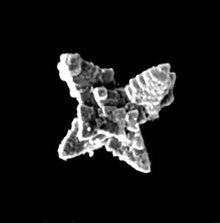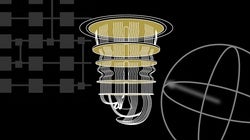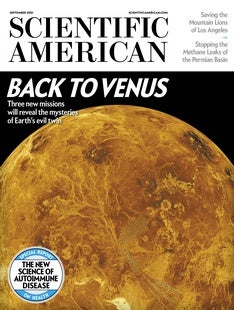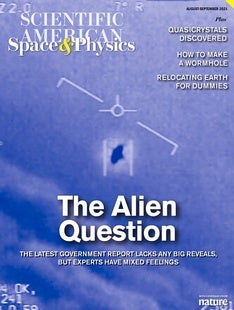 |
| August 17, 2021 |
Dear Reader,
A new study suggests that interacting with digital, 3-D models of faces could make eyewitness evidence more accurate. Next, tiny robots take on microplastics. And this week's lead story focuses on chemistry's quantum future. |
| | Sunya Bhutta, Senior Editor, Audience Engagement
@sunyaaa | |
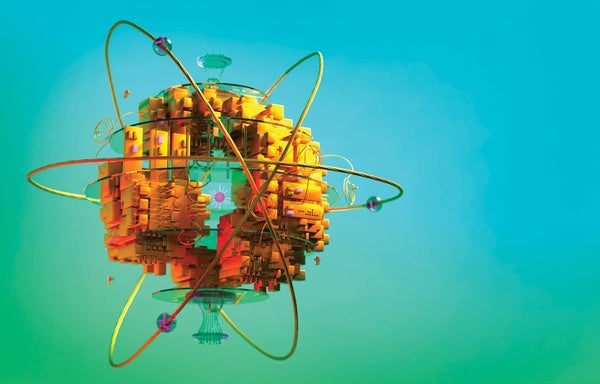 |
| |
| |
| |
| |
| |
| |
| |
FROM THE STORE
 | | | |
| |
| |
FROM THE ARCHIVE
 | | How Does a Quantum Computer Work? If you understand how these systems operate, then you understand why they could change everything. By Michael Tabb,Andrea Gawrylewski,Jeffery DelViscio | July 2021 | | |
LATEST ISSUES
 |
| |
| Questions? Comments?  | |
| Download the Scientific American App |
| |
| |





